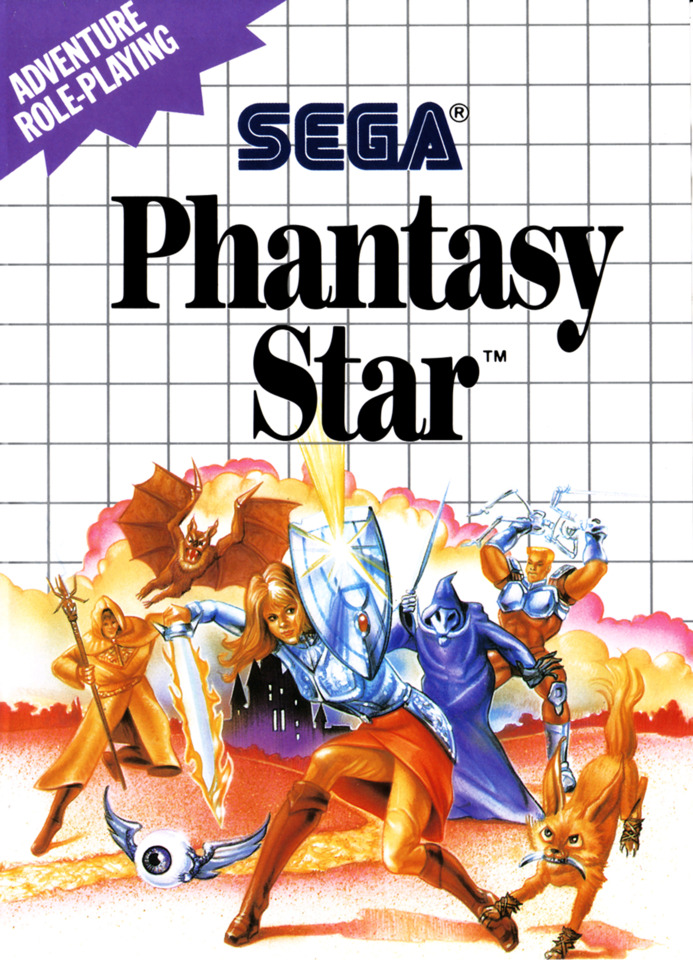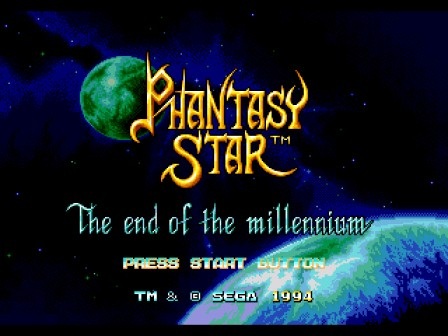Learning Through Video Ganes
By JasonR86 14 Comments
A few years ago I wrote a blog about playing Temple Run with my nephew. What I noticed from playing that game with him was how quickly he learned from his experience watching me play the game. At first, he didn't realize that he could tilt the phone to move the character and so was confused when I moved the phone to the left and right. I explained the reasoning and how it allowed me to progress farther. As soon as he got the phone back for his run it had clicked and through tilting the screen he had made a new high score. He then became an information sponge asking me about all the different games that were on his Mom's phone. This learning happens everywhere for my nephew. It happens when we play catch or when we play board games. It happens when he and I clean up after a meal or talk to other people in the family. It's amazing how much and how quickly kids learn. But what isn't always discussed is how kids might learn from video games. Not just educational video games or games that teach hand-eye coordination and general problem solving skills. But games that teach kids to experience new perspectives or question their own beliefs. I think of games like 'That Dragon, Cancer', 'Life is Strange', 'Gone Home' and other non-traditional games are starting to fill this gap. But for me, I've actually experienced that type of learning from a game franchise that, at face value, doesn't look like the type of series that would concern itself with such themes. The series that I'm referring to is Phantasy Star, specifically the first and fourth entry in the series.

For those that haven't played the Phantasy Star games, they were JRPGs set in a fictional solar system with a mix of a sci-fi aesthetic with medieval weaponry. You know how Final Fantasy 7 mixed swords with technology? Phantasy Star did that in the 80s. The first entry came out on the Sega Master System and stared Alis, a female character out to avenge the death of her older brother. It was such a good game and Alis was a really cool character. I played this game when I was around 4-5 years old and had a blast. The dungeons were engaging, levels were fun to grind (I hadn't reach the point in my life where I was tired of grinding in JRPGs yet), and it looked amazing. But think about what this game was doing and when. It was 1987 and Phantasy Star was an exclusive JRPG for the Master System, aiming at the JRPG kings of the time Final Fantasy and Dragon Warrior, developed and published by Sega staring a female character acting out a stereotpically male role; the avenger. She wasn't avenging a sister or her parents but her older brother, the person one would think would be the avenger in this story. She didn't fulfill the role female characters in JRPGs often do either. She wasn't a cleric or a wizard. She was a warrior who fought with a sword. She was the one saving the characters who would become allies. She was the person who would lead the charge against the final boss and be the hero. That's an odd thing in video games and film even now. Think about 1987. The era of Commando, Die Hard, and Rambo. The era where games were still consider the medium of boys living out power fantasies. It was a weird game but in the best way possible and Sega had really taken a chance making it.
Phantasy Star and I had a bit of a disconnect until Phantasy Star 4. PS 2 was neat but way too hard for young me. Probably too hard for old me. I never bought PS 3 eventhough it sounded neat. But I did buy PS 4 because it was critically acclaimed. Rightfully so, it turns out, because it was fantastic. The story was engaging, the graphics were great, it wasn't too grindy (this was when I started to tire of JRPG grinding), and the music! Man alive that music was great. But relating to the topic at hand, it stared a female character named, appropriately enough, Alys. She was a hunter in the game's fiction (basically mercenary) and was training a younger hunter, a young man named Chaz (yes, that name sucks.) Alys is designed to be a gruff and determined person who is world weary but very loyal to her companions. She's respected and feared by the those that know her as she is thought to be, for lack of a better word, a bad ass. About 1/3-1/2 into the game the player fights a version of the final boss and loses. In a cutscene, that boss attacks Chaz who looks to be killed by the attack. Alys pushes him out of the way taking the hit herself. She dies from the injuries and Chaz becomes the new lead character. Again, this series took what is the usual role of women in JRPGs, and fiction in general, and twisted it. Alys was the bad ass, not Chaz. A woman was the leader and mentor, not an older male character. A female character sacrificed herself to save the male character. The female character was the one respected by the other characters of the world. The female character was the one that struck fear into others. Eventhough Chaz would become the lead of the story he never carried that same presnce that Alys had. Again, Phantasy Star had taken what one would think would be normal conventions for JRPGs, and games in general, and spun it.
As a kid, I didn't learn that men and women were equals through my time with Phantasy Star. Rather, I learned that via my parents. At face value, my parents' marriage looks stereotypically middle class American. My Dad works as a construction worker for a large, industrial contruction company. My Mom stopped working when my older brother was born to be a stay at home wife. It was a mutual decision between my Mom and Dad. My Mom would have kept working, and there were times when it was considered when money was tight, but didn't because they both felt that our family as a whole would be better off if she stayed home and luckily my Dad had a really good and persistent job. My Mom and Dad have a real division of labor where each know their value to each other and the family. Neither is subservient to the other. Rather they're a team and take care of each other and our family as a unit. That's what they believe and that's what they taught my brother and I. Inherent in that is that men and women are equal. So when I played the first Phantasy Star it wasn't weird to me that Alis was the lead, that she was avenging her brother, and that she would be the hero.

Then school happened. I went to great schools and they did wonderful work with the kids. They always had the best of intentions but accidentally, through those intentions, segragated 'boys' and 'girls' from one another. I remember as a child in elementary school being shown the 'boy' toys by my teacher when we had breaks from school work. There were action figures, sports gear, and the like. Across from us were the girls with their 'girl' toys. They had Barby, easy bake ovens, and so on. It was like our classroom was split between the pink-'girly' side and the black and blue colored 'boy' side. The school just wanted us to have fun and figured those toys would represent our interests. But they had indirectly programed into our developing minds a distinction between 'girl' things and 'boy' things and ultimately 'girl' roles as opposed to 'boy' roles. Boys play catch. Girls bake. Boys play with Batman toys. Girls play with Barbies. I had played through Phantasy Star 1 before kindergarten started. By the time Phantasy Star 4 had come out there had been this seed planted in my head; boys and girls fill different roles. My parents' marriage was still the same but school and peer groups are powerful forces and they had wiggled there way into my subconscious. Suddenly it became really weird to me that Alys was the hero as in my brain boys had become the stereotyped 'hero'. I was a blank slate when I first played Phantasy Star 1. By the time I got to Phantasy Star 4 only a few years later my slate had been carved and gender norms were well engraved.
Phantasy Star 4 was weird for me initially when I first started because, again, Alys was the lead. But more so because Chaz was such a clown. He was young and brash making mistakes, acting foolishly, and all around not being the male lead my brain thought he should be. That person I was imagining was in turned embodied by Alys. It lead to this odd cognitive dissonance for me. It was like part of my mind knew that men and women were equal but then another, loud and very obnoxious part of me was hung up on gender norms. But Alys soon became my favorite character and gender norms fell to the side. When Alys died it realy hit me because I wasn't expecting it. I was expecting her to be the hero of that story because she so clearly fit that bill. When she wasn't and when she died as she did that admiration of her as a character had turned into hero worship in my then 7 year old brain. She was hero not because she had beat the bad guy, as the Alis in the first Phantasy Star had done. Rather, she was a hero beause she was willing to sacrifice herself to save her friend and student, a male character who respected her as much as I had as a young male player.

Games can be a lot of things. They can be fun and they can be challenging. They can teach you hand-eye coordination and problem solving skills. But I think it is often overlooked at what games can teach players about themselves and their society. Though Phantasy Star was made by Japanese developers, oddly enough, their creation taught me how to look at my own American culture in a different way. It was in small part to be sure. I treat everyone equally, regardless of gender, in large part because of my parents and their lessons along with my interactions with men and women as I aged. But even if Phantasy Star's role in my view of gender was minor it shouldn't be overlooked. In fact, I spent God knows how many words writing about it right here which means it was memorable enough to me that I felt it necessary to share that experience. I think that says a lot. So when I look at games like Gone Home, Life is Strange, Dear Esther and so on I hope that they can become games that teach young players about new experiences and help them question what they think is normal as Phantasy Star had for me.
